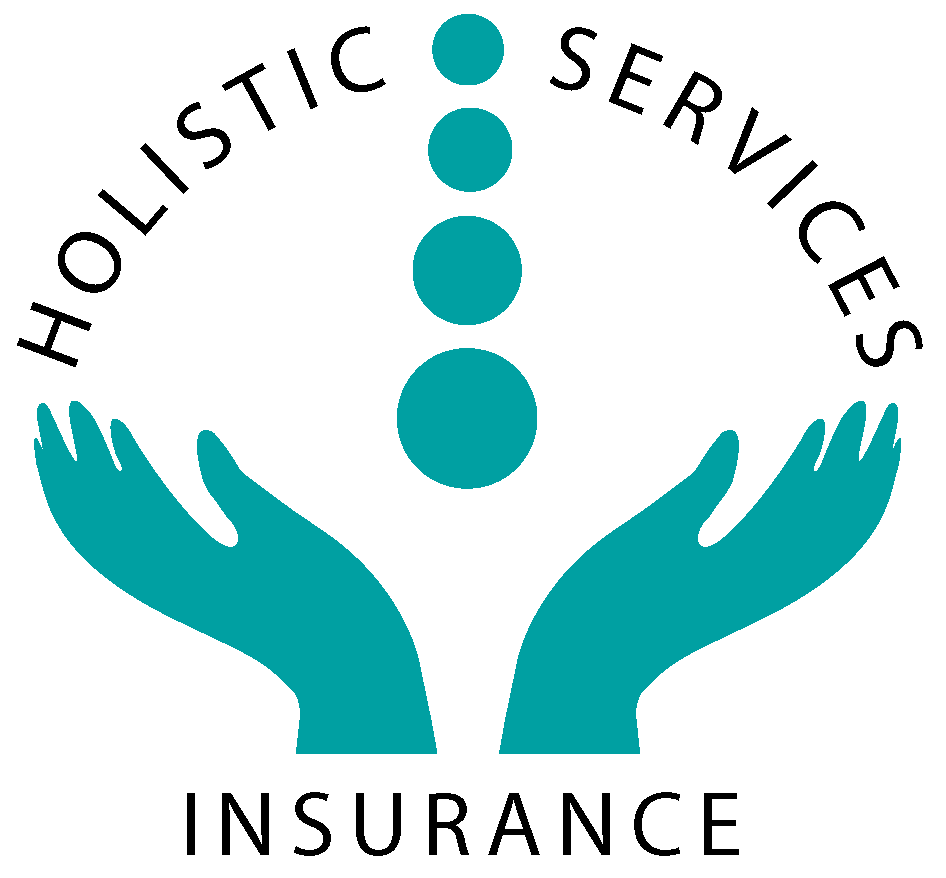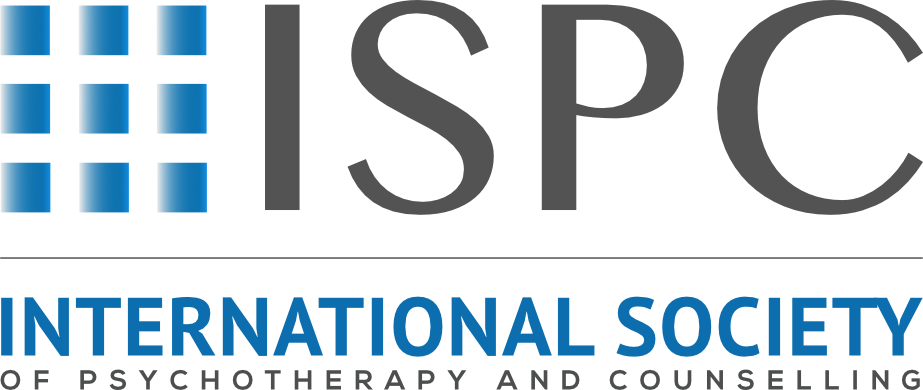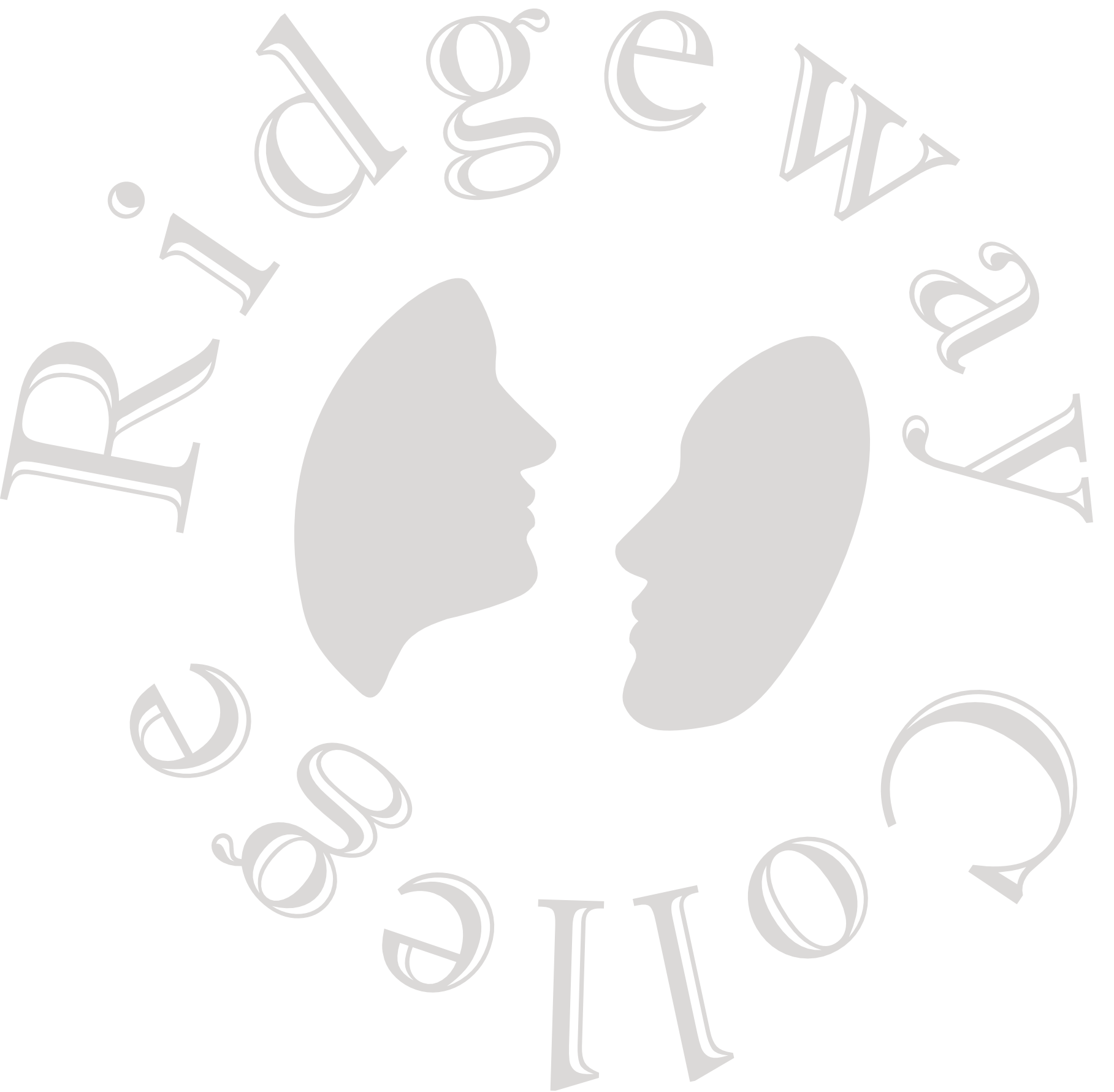
Becoming a Counsellor
Becoming a Counsellor is not that straight forward. We try and show in simple terms what steps you could take to become a Qualified and then Accredited Counsellor.
The Professional Body for Psychotherapy and Counselling
PATHWAY TO QUALIFIED COUNSELLOR STATUS
Your Path, Your Life, Your Journey
What no one seems to tell you is how complex the route to becoming a qualified counsellor is. So we’re trying to make this simple. The example below is only related to the United Kingdom.
Either route A or B will get you to where you need to be. Degrees deemed worth more, but also costs around £25k more than the Diploma route. It is also worth noting that Degrees do not gain you any higher level of membership. Levels of membership have a number of factors applied to them. For more on membership criteria please click here.
A) The Diploma Route
B) The Degree Route
The Degree route is simple, they teach you to write, a lot. So we’ve decided not to include a break down of this. Below is a break down of the Diploma route which can seem complex…
You need:
All training to be completed face to face (unless Covid restrictions apply)
Year 1 – Counselling Skills (90hrs)
Year 2 (Level 4, Part Time, Year 1) – Counselling Theory (90hrs)
Get Insured – Apply for Student Membership
Year 3 (Level 4, Part Time, Year 2) – Advanced Skills (90hrs) +100hrs Placement Hours
Apply for Qualified Counsellor Status (Associate member) + Upgrade Insurance
Upon gaining Qualified status, counsellors must complete 1.5 hours Supervision per month
(This concludes the basic level training and membership)
To gain further recognition counsellors must complete 450 hrs training in total (Not including +100hrs Placement) and complete a minimum of 3 years face to face client work (paid or unpaid) and complete 5 case studies to be Accredited. This then gains you potential employment with some organisations and companies. Accredited status seems to be the standard for Employer Assistance Programmes (EAP) and work within some schools.
If you’re wanting to build a Private Practice the minimum standard is Associate Member status. However, it is a requirement that you pursue 30 hrs CPD’s (Continued Professional Development) annually to continue to be a member; and further training to gain higher Accredited status if you are a member of the ISPC.
Therapist Directory
If you’re looking for counselling and psychotherapy please look through our directory. All of our members are fully qualified, follow our code of standards and ethics, and undergo continued professional development.
Codes of Ethics
If you’re looking for counselling and psychotherapy please look through our directory. All of our members are fully qualified, follow our code of standards and ethics, and undergo continued professional development.
Making a Complaint
If you’re looking for counselling and psychotherapy please look through our directory. All of our members are fully qualified, follow our code of standards and ethics, and undergo continued professional development.
TRAINING FOR OUR FUTURE
Becoming a counsellor
Counsellors work with clients experiencing a wide range of emotional and psychological difficulties to help them bring about effective change and/or enhance their wellbeing. Clients could have issues such as depression, anxiety, stress, loss and relationship difficulties that are affecting their ability to manage life.


OUR PUBLIC DUTY
Our profits go towards helping students through meaningful training and qualification
Counsellors work with clients experiencing a wide range of emotional and psychological difficulties to help them bring about effective change and/or enhance their wellbeing. Clients could have issues such as depression, anxiety, stress, loss and relationship difficulties that are affecting their ability to manage life.

GIVING YOU PEACE OF MIND
Indemnity Insurance
£1,000,000+ Cover
UK Members of the ISPC are able to take advantage of special indemnity insurance rates by applying to Holistic Insurance Services, please contact ISPC for details. Or click the link below to go straight to Holistic Insurance.


LGBT Rights in the U.K. 2024
LGBT Rights… The landscape of LGBT rights in the United Kingdom is ever-evolving, shaped by a complex interplay of social attitudes, legislative reforms, and advocacy

Being at University – Mental Health
Mental Wellness 101: How to Thrive During Your University Experience University can be an overwhelming experience, both academically and personally. Juggling classes, assignments, work, and

World Suicide Prevention Day 2023
Let’s Talk About It: The Importance of Mental Health on World Suicide Prevention Day 2023 World Suicide Prevention Day 2023 is a time to reflect




